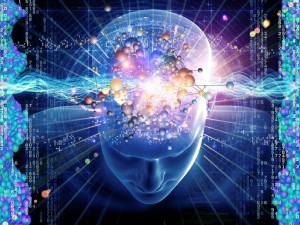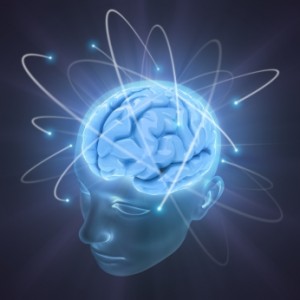 An ex-colleague but still-friend of mine, mailed me after my article Live Like An NBA Star. He told me how much he recognized self-awareness as a key to personal development. And he expanded on it with his observations. It got me thinking on the topic, which is the subject of today’s post.
An ex-colleague but still-friend of mine, mailed me after my article Live Like An NBA Star. He told me how much he recognized self-awareness as a key to personal development. And he expanded on it with his observations. It got me thinking on the topic, which is the subject of today’s post.
First, recall my friend Greg’s comments on what makes the best prospect for the NBA. He said most great basketballers’ egos have been buffed to a mirror shine by years of adulation. Only a few can receive that praise and retain the ability to see their flaws and areas where peers exceed them. Prospects with this quality are more likely to succeed in the NBA. Because, in addition to starting with the right talent, they are sure to improve.
If self-awareness is akin to modesty, then surely their opposite are narcissism and arrogance. Along that line a graduate student at Massey University in New Zealand, Jeff Simpson, recently showed the effects of narcissism on employment. Presumably Simpson’s studies in psychology helped him identify narcissistic tendencies. But it did not take a PhD to measure narcissists’ success in the workforce:
None of those 10 [narcissists] remained employed at the company for the full two years.
While those numbers every egomaniac may fail, anyone that has read of Larry Ellison and Steve Jobs knows differently. So, clearly some people’s egos drive them to great successes. But the hidden cost of that management style may be seen in Apple today. It was certainly in Jim Collins’ Good to Great. In short, a company built around a single ego always fails after the ego departs.
So, controlling our egos is critically important for most people’s success. And even if you are the next Steve Jobs your stockholders will thank you if you build a company that is not centered around your ego. Self-criticism is a piece of the broader category of emotional intelligence (EQ). Some authors conclude that EQ is more important to success than IQ.
I read that emotional intelligence consists of four attributes:
- Self-awareness: recognizing ourselves and how our behavior, our strengths, and our weaknesses affect others.
- Self-management: managing emotions and demonstrating willful discipline.
- Social awareness: identifying others’ emotional states and adapting.
- Relationship management: developing and maintaining good relationships.
Like the dimensions of intelligence of which I have previously written, I suspect we each excel in some of the above and need improvement in others. For instance I believe I am strong in numbers one and two, acceptable in number four, and I am consistently working to improve myself in number three.
The article I linked above contains some recommendations of improving EQ. But I am developing my own philosophy for self-improvement with respect to EQ:
- Address unhappiness. Positive energy flows from those that possess it in abundance to those with troubles. It is impossible to address the emotional needs of people around us without first banishing our internal demons.
- Find an outlet for your body’s energy. The happiest people I know always are getting some exercise and have some regular contact with nature. Go walk in a forest.
- Learn to control your mind. I have friends that meditate. I wrestle my hyperactive mind many times a week by practicing yoga. Those mental wrestling matches are making me stronger.
- Empathize. My historical weakness as a colleague and manager was to expect my peers and reports to behave as I did. Years ago I started drilling myself to place myself in others’ positions before judging or setting unreasonable expectations. That has served me well when I am at odds with a coworker.
- Be positive. Positivity is a state of mind that few of us naturally gravitate to. But we can train our mind which directs our bodies. Try it.

